You don’t hear about food addiction as often as drugs or alcohol dependency, but it can be just as detrimental to health. Here’s how you can become addicted to food, and what you can do to get things under control.
Food addiction goes deeper than just the average sweet tooth. Like any other addiction, it can be all-consuming and even require intervention.
To help you better understand the truth about food addiction, we are going to look at exactly what it is, what causes it, and signs and symptoms to watch out for so you can identify a food addiction that may be holding you back.
Do you struggle with bloating, gas, constipation, or other digestive issues? We’ve created a FREE guide to healing your gut naturally.
Click here to get your FREE copy of our Digestion Guide!
What is Food Addiction?
When you’re addicted to something, whether it’s food or drugs, it means that your body has become chemically dependent and requires that certain substance in order to function. (1)
In the case of food addiction, the person is usually addicted to a type of food, and the disorder is often characterized by an eating behavior. Binge eating is the most common eating disorder in the US, and it involves consuming large amounts of food very quickly to the point of feeling sick. The person often feels out of control during the binge, and then is hit with feelings of guilt afterward. (2) Purging is a common way for people to compensate for these negative feelings after a binge, and this is also a symptom of a deeper problem.
True food addiction can lead to impulses that are extremely difficult to ignore. The good news is that there are things you can do to gain control of your addiction to food.
While any food can become addictive, the most common are made of sugar, flour, grains, and lots of salt. There’s a reason these specific ingredients are addictive, as they interact directly with the brain in particular ways.
What’s Happening in the Brain When We Eat Addictive Foods?

Chemical reactions in the brain that we call “the reward system” are responsible for jumpstarting these addictive behaviors with food. Here’s what’s going on: The reward system is triggered by dopamine, a chemical messenger in the brain. When the reward system is activated, it sends feelings of pleasure and signals your body to continue the behaviors that make us feel so good.
This starts a vicious cycle that causes a food addiction, leading to further addictive behaviors. Every time you eat that sugary or salty food, feelings of pleasure from dopamine are released and perpetuate the food addiction cycle.
However, it isn’t just happy feelings all the time for people with a food addiction. As with any kind of addiction, there’s a tolerance level. Over time, the brain will level out and respond by making less dopamine which can then reduce that happy feeling after consuming the sugary or salty food. This can lead to someone wanting to eat more and more in an effort to activate that reward system again which can make the food addiction worse, and very quickly lead to depression. (3, 4)
Why Everyone Isn’t Addicted to Food
If food brings so much pleasure, you might be wondering why some people develop compulsive addictive habits to it, and others do not. The issue of food addiction is too complex to account for everything, but there are some reasons why some people are more susceptible to addiction than others.
Here are a few big factors:
- Genes. There is a genetic link that predisposes us to certain types of addictions, including food addiction. Research is currently underway to determine which specific genetic mutations put us at a higher risk of food addiction, and which therapy options work best. (5)
- Environmental Factors. Our environment plays a big role in being susceptible to addictions. Common triggers include stress, peer pressure or even toxic relationships.
- Childhood Exposure. Eating habits begin in childhood, and it can be hard to break the habit when you’ve been eating a certain way your whole life. Food preferences are developed during the first two years of life, and if you were exposed to high sugar junk foods at a young age, it’s likely to play a role in food addiction later in life. (6)
So, how can you tell if you’re actually addicted to food or not? Here are a few key symptoms of a problem:
- Hiding your food habits from friends and family
- Compulsively consuming harmful foods
- Weight gain
- Eating after you’re full, or even until you feel physically sick
- Irritability
- Difficulty sleeping or sleeping too much
- Digestive upset
How to Overcome Food Addiction
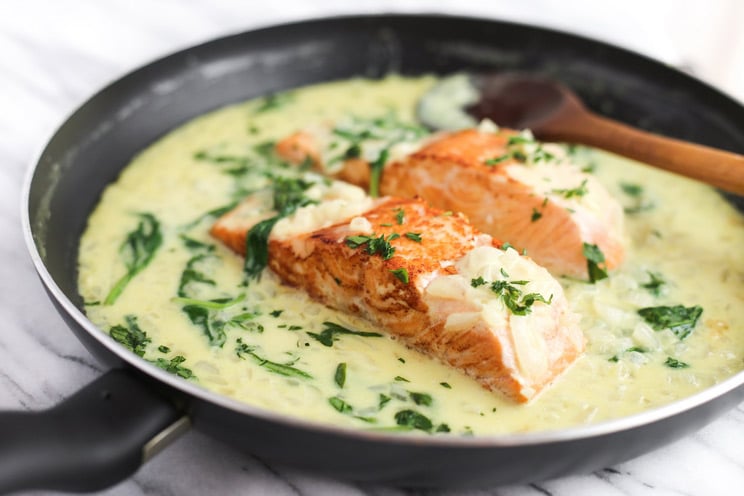
Food addiction can be a chronic condition that leaves one feeling hopeless. However, just with other addictions, there are steps you can take to manage it. It’s important to take a holistic approach to treat food addiction since there are often environmental, social, mental, and physical aspects of the addiction itself. Start by working with a professional who specializes in food addictions. In the meantime, here are some other things you can do when you’re trying to get healthy:
- Avoid your triggers: Stay away from certain people or places that spark your food addiction.
- Practice self-care: Stress makes everything worse, especially when you’re dealing with a food addiction. Try to do something for yourself every single day to help reduce your stress levels, like yoga, meditation, acupuncture or a daily walk.
- Get plenty of sleep: Studies show that there is a direct relationship between a lack of sleep and poor food choices. Don’t fuel your food addiction by missing valuable hours of sleep. Instead, climb into bed at a reasonable time each night so you’ll feel rested enough to better manage your food addiction symptoms. (7)
- Eat a balanced diet: Instead of thinking about the foods you shouldn’t be eating, focus on all of the healthy foods you can add to your diet. Choose healthy fats like avocados, nuts, seeds, and wild-caught salmon to keep you full for longer. Each meal, try to eat a small amount of complex carbs like sweet potato, a healthy protein like chicken or turkey breast, and a healthy fat like avocado. This diet plan will help fuel your body and support hormone balance.
The Bottom Line
If you suffer from food addiction, you can overcome it with the right treatment! First and foremost, it’s important to seek professional help. There are real biological triggers of food addiction, and responses in the brain that can make breaking the addiction challenging. Fortunately, the right therapist can help you get to the bottom of it. In the meantime, it helps to become aware of your triggers so you can avoid relapses. Remember to eat lots of nutrient-dense foods to keep you feeling full and satisfied.
Still stuck on those sweets? Indulge your sweet tooth with these healthy desserts in Paleo Sweets! With 70 delicious recipes, you and your loved ones can FINALLY enjoy your favorite desserts without the downside. Get your FREE copy HERE (just pay for shipping)!


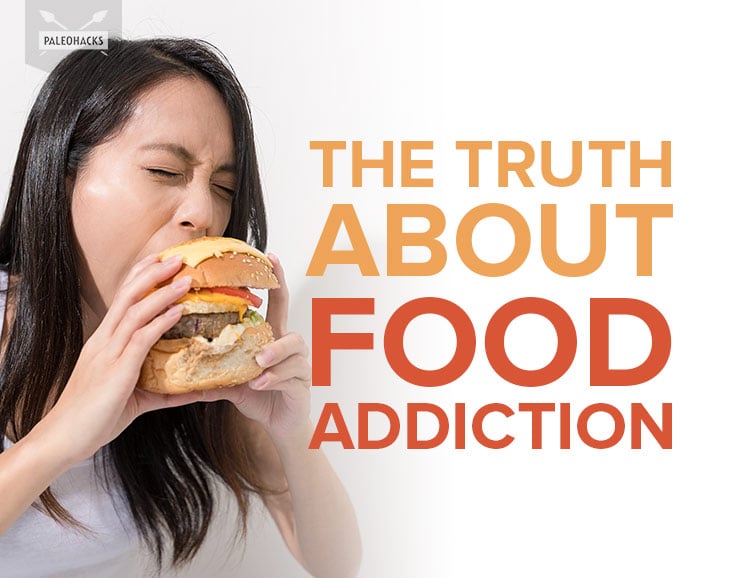

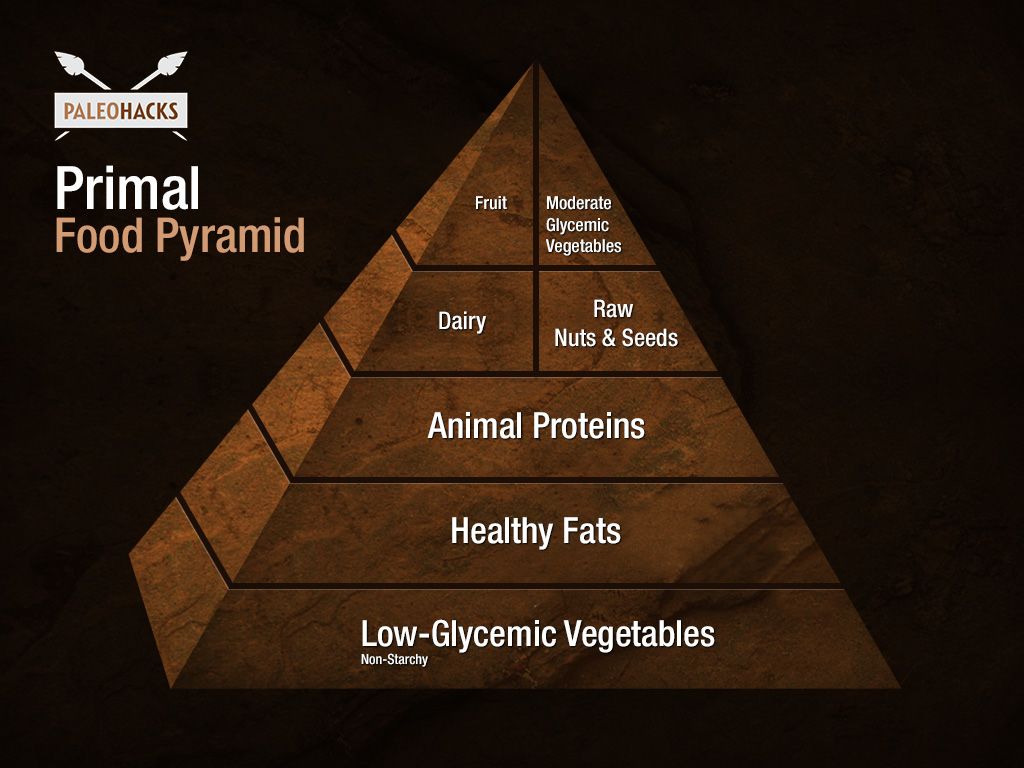

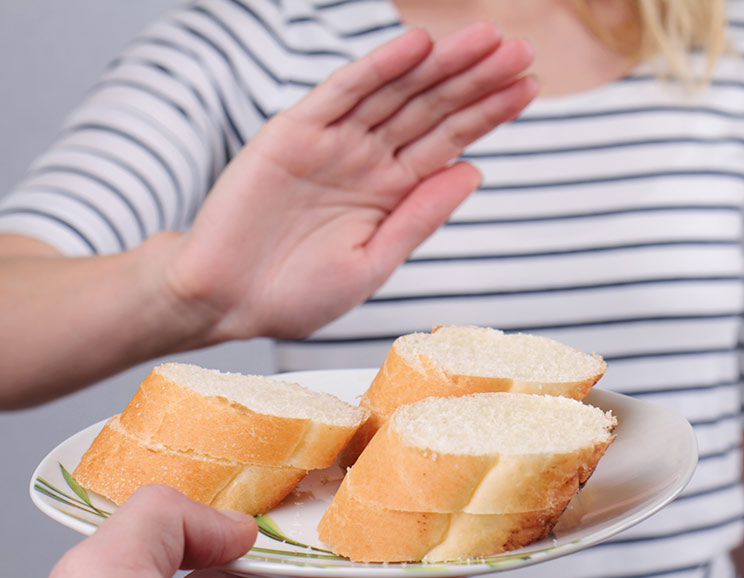

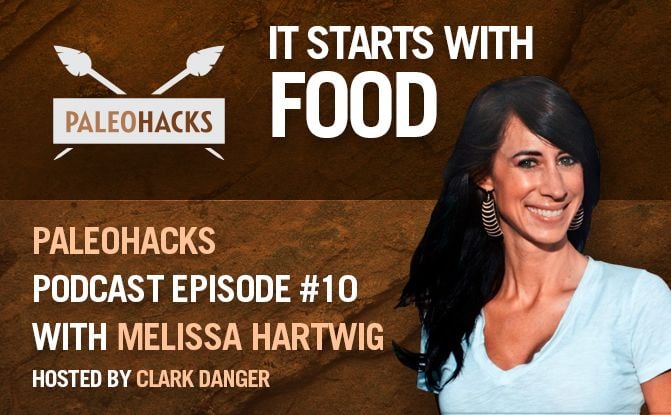


Show Comments